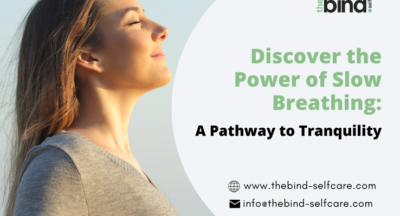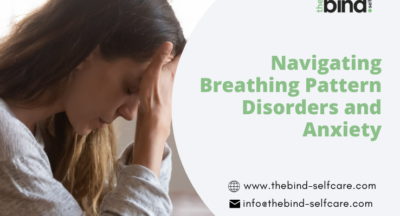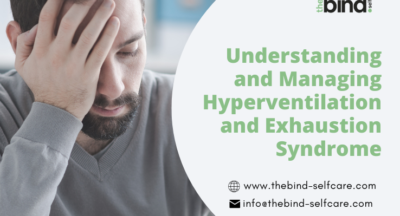
The Breath of Life: Exploring the Wonders of Slow Breathing
In our ceaselessly busy lives, the ancient practice of slow breathing has emerged as a beacon of tranquility and well-being. This traditional technique, revered for centuries in Eastern cultures, is gaining attention in the Western world for its profound health benefits, validated by recent scientific investigations.
The Science Behind Slow Breathing
Research has illuminated the multifaceted physiological effects of slow breathing on the human body. This practice significantly impacts the respiratory, cardiovascular, cardiorespiratory, and autonomic nervous systems. Among the key findings are the modulation of respiratory muscle activity, enhanced ventilation efficiency, improved heart rate variability (HRV), and a shift towards a more balanced sympathovagal state. These effects not only suggest a pathway to improved health and longevity but also highlight the potential for managing various disease states through controlled slow breathing techniques.
The Breath-Body Connection
Slow breathing practices, ranging from 4 to 10 breaths per minute, have been shown to optimize physiological parameters associated with health and longevity. This optimization includes increased efficiency in the body’s chemical and hemodynamic responses, improved oxygenation and blood flow, and a harmonious balance between the sympathetic and parasympathetic nervous systems. The autonomic nervous system, in particular, benefits from slow breathing, with evidence pointing towards enhanced parasympathetic activity, which is crucial for relaxation and stress reduction.
Beyond Relaxation: Clinical Implications
The implications of slow breathing extend far beyond its calming effects. By influencing key physiological processes, slow breathing may offer therapeutic benefits for conditions such as hypertension, anxiety, and even chronic pain. The practice promotes a shift towards parasympathetic dominance, reflecting a state of rest and digest, which is crucial for long-term health and resilience against stress.
Embrace the Power of Slow Breathing
As we continue to uncover the layers of benefits offered by slow breathing, it becomes clear that this simple practice holds the key to enhancing our physical, mental, and emotional well-being. Whether you are seeking relief from stress, looking to improve your cardiovascular health, or simply aiming for a greater sense of peace, slow breathing is an accessible and powerful tool.
Are you ready to transform your health and well-being through the power of slow breathing? Dive into this ancient practice and explore its myriad benefits. Connect with our wellness experts today to learn how to incorporate slow breathing into your daily routine, and embark on a journey towards a healthier, more balanced life.
Reference:
Stanford Medicine News Center. (2017, March 30). Study shows how slow breathing induces tranquility. https://med.stanford.edu/news/all-news/2017/03/study-discovers-how-slow-breathing-induces-tranquility.html#:~:text=Stanford%20scientists%20have%20identified%20a,generating%20arousal%20throughout%20the%20brain.
Related Posts
Discover the Power of Slow Breathing: A Pathway to Tranquility
Have you ever noticed how your breathing changes with your emotions? A fast-paced...
The Breath of Life: Exploring the Wonders of Slow Breathing
In our ceaselessly busy lives, the ancient practice of slow breathing has emerged...
Unlocking the Breath: Navigating Breathing Pattern Disorders and Anxiety
In the complex world of mental and physical health, the intricate link between...
Breathe Easy: Understanding and Managing Hyperventilation and Exhaustion Syndrome
In today's fast-paced world, stress is a common denominator in our lives. With...




